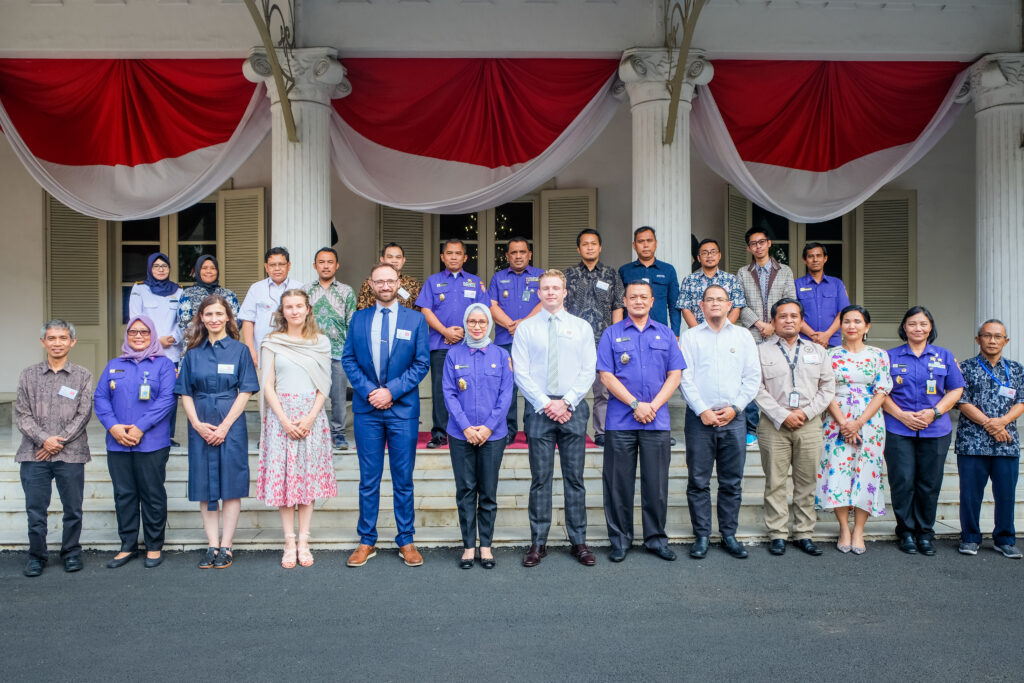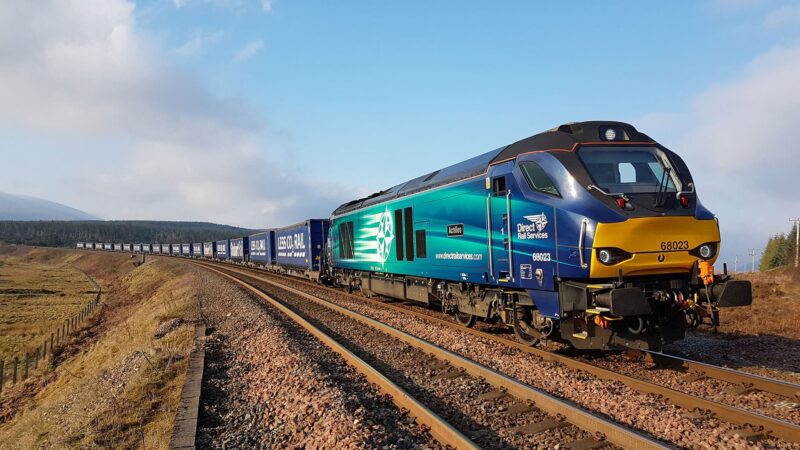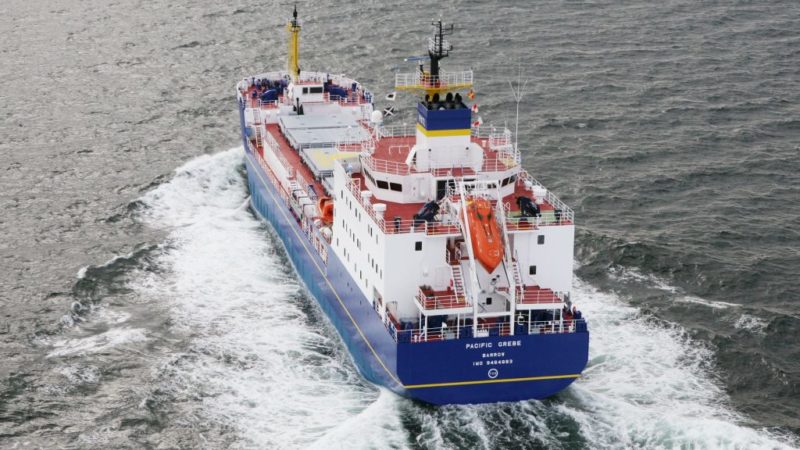NTS experts advise on Floating Nuclear Power Plants in Jakarta, Indonesia

Nuclear Transport Solutions (NTS) has recently been involved with a global delegation of experts to advise on Floating Nuclear Power Plants (FNPPs) in Jakarta, Indonesia.
Specialists from NTS were joined by representatives from Kings College London to discuss the potential of FNPPs and also some of the challenges which need to be overcome to ensure their safe, secure and reliable operation.
George Burnett, NTS Strategy Advisor, met with national nuclear research organisations, regulatory bodies, coastguard, and government ministries at a series of workshops. Alongside local scientists, Dr Ross Peel and Dr Zenobia Homan from the Centre for Science and Security Studies to explore novel nuclear safety, security and other issues.
Indonesia is considering developing a civil nuclear power programme as it transitions away from fossil fuels and targets enhanced energy security. For FNPPs Indonesia has quite a unique geographical layout consisting of around 18,000 islands, with 6,000 of these inhabited.
George said: “FNPPs are an exciting iteration of advanced nuclear technology, however it is important that the challenges associated with deploying civil nuclear facilities in a maritime environment are identified and addressed for both safety and security. NTS’s experience of moving nuclear material by sea gives us valuable insight into some of these challenges and how they can be overcome.”
NTS has unique experience and skillsets in this field and many countries are looking to adopt new nuclear technology through advanced modular reactors, many of these are being developed with increasingly mobile designs and novel fuel cycle approaches. Some designs are looking to move material within the reactor or to operate the reactor in a maritime environment.
NTS also has a wealth of experience moving nuclear material and the challenges associated with nuclear transport, so as reactor designs become more mobile or use novel deployment methods, this experience is becoming increasingly valuable to new parts of the world.


